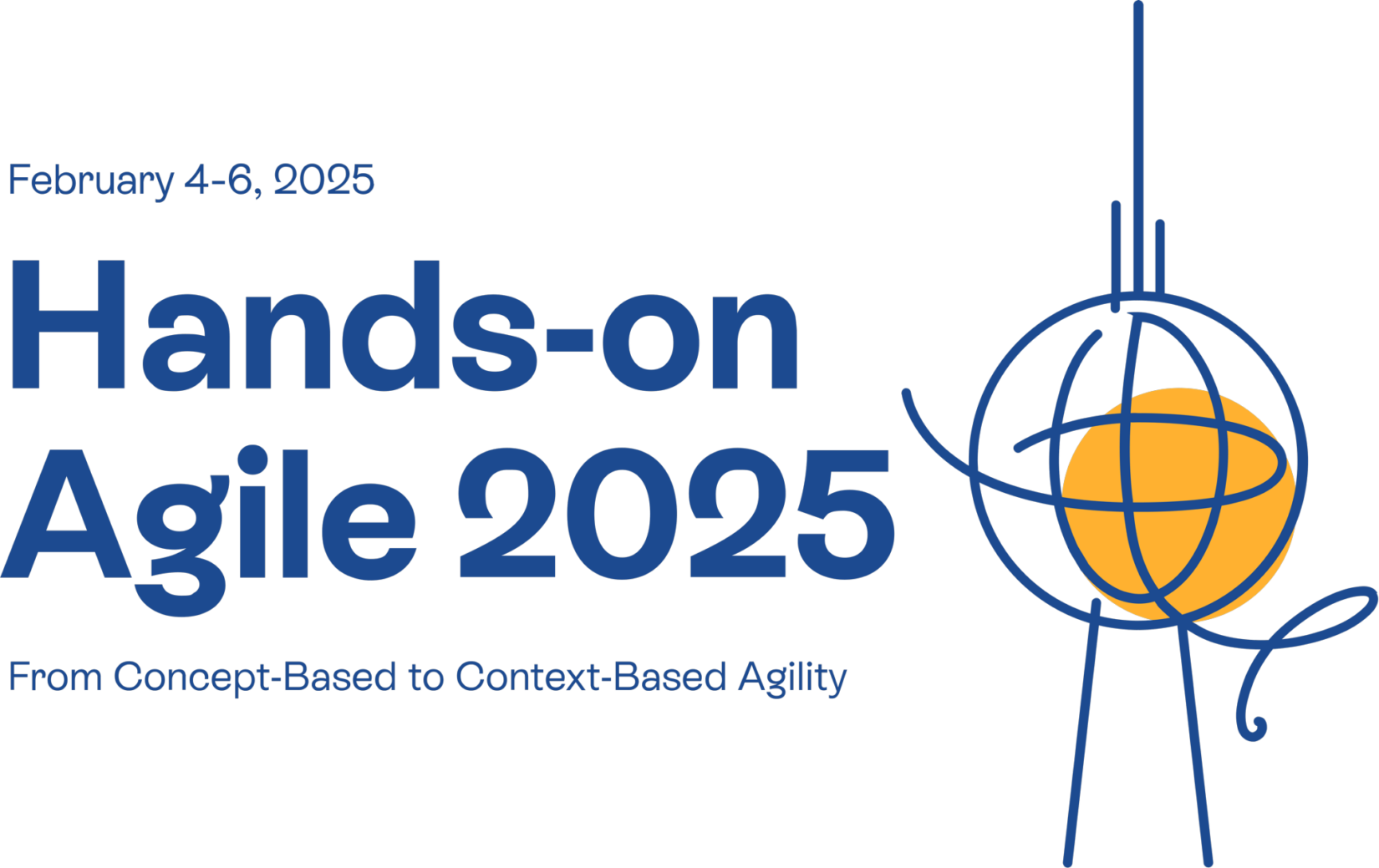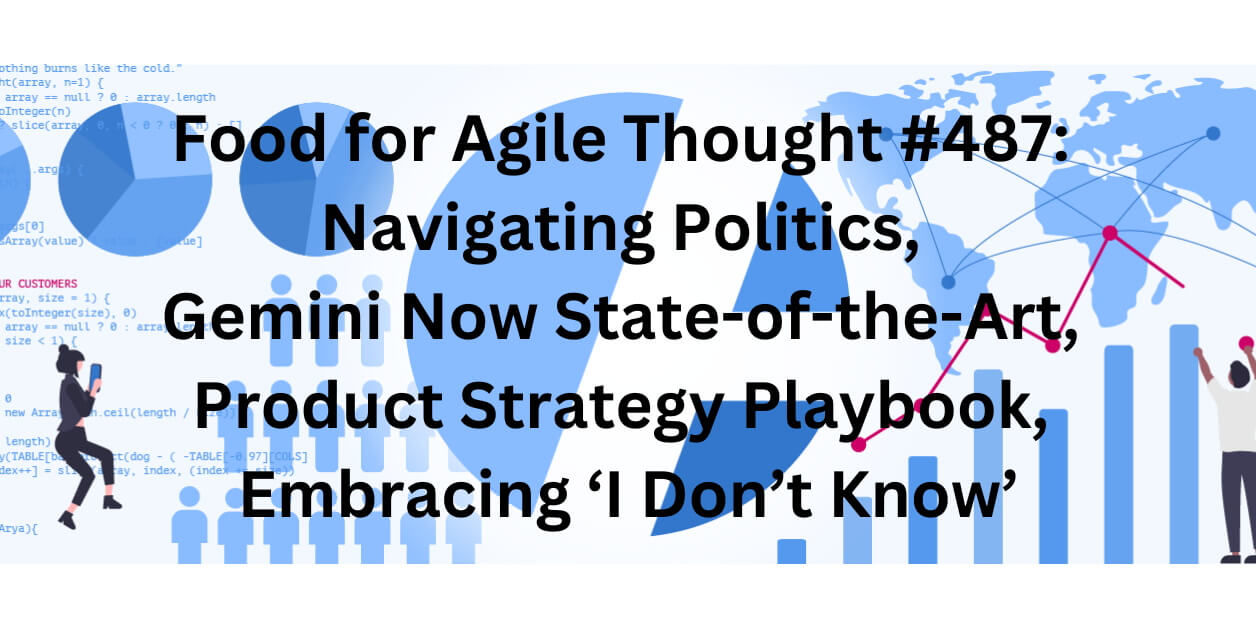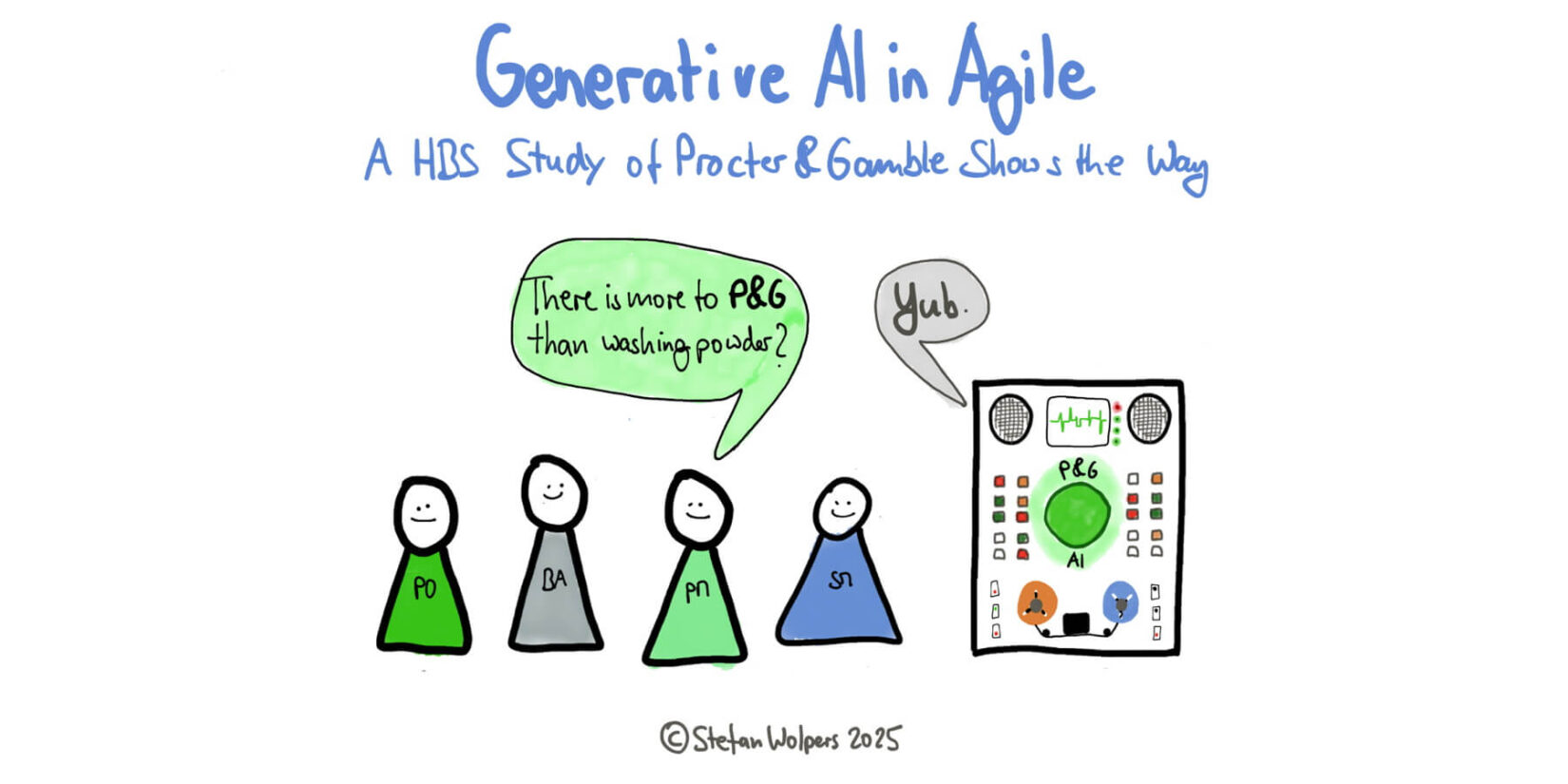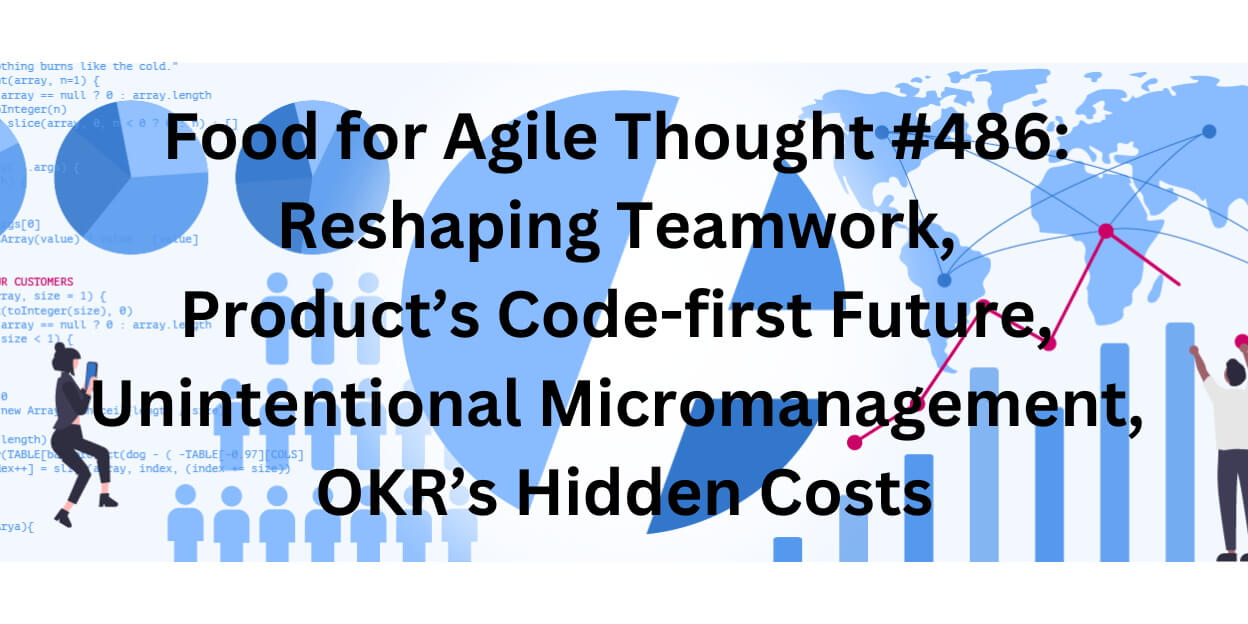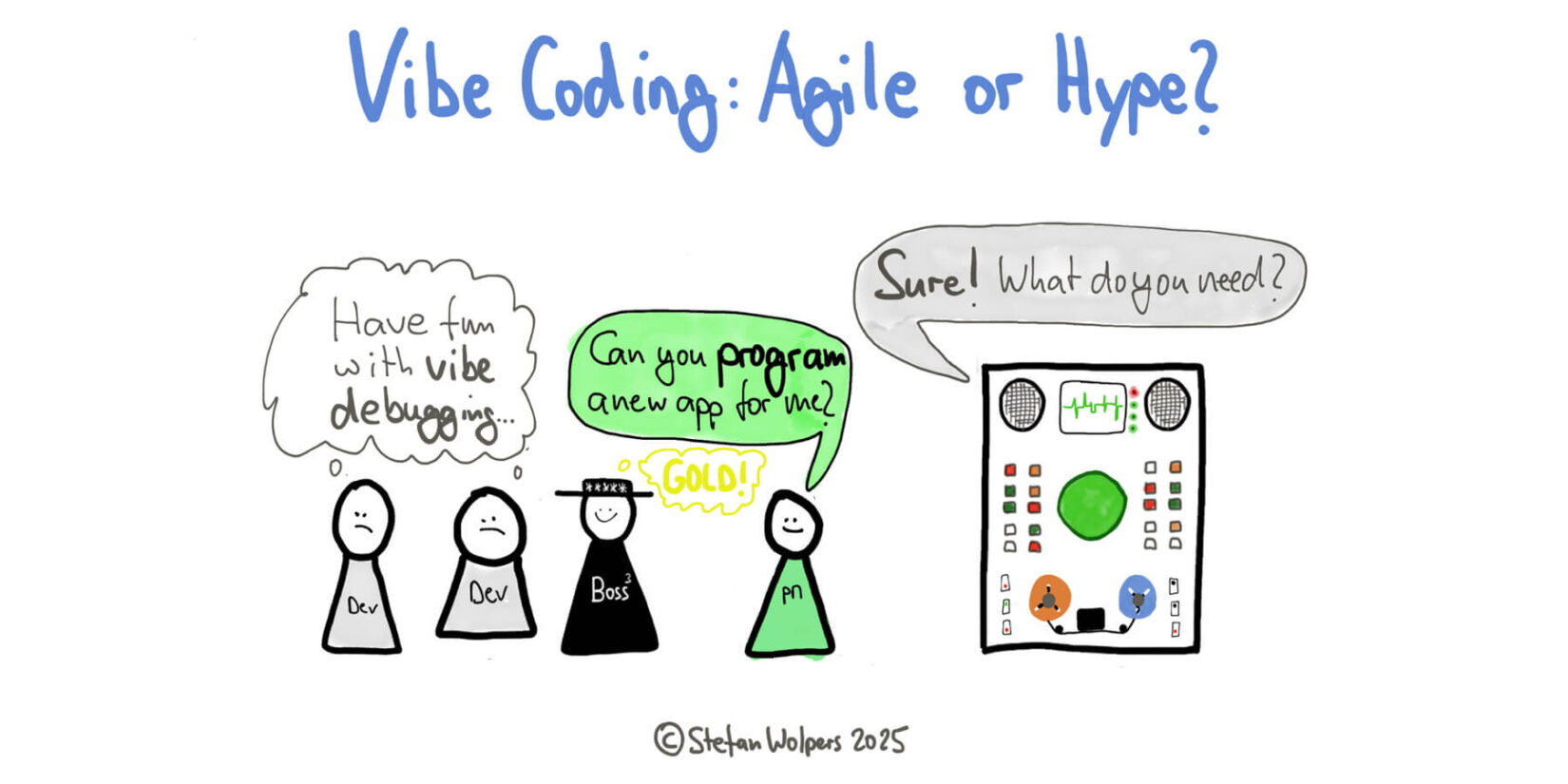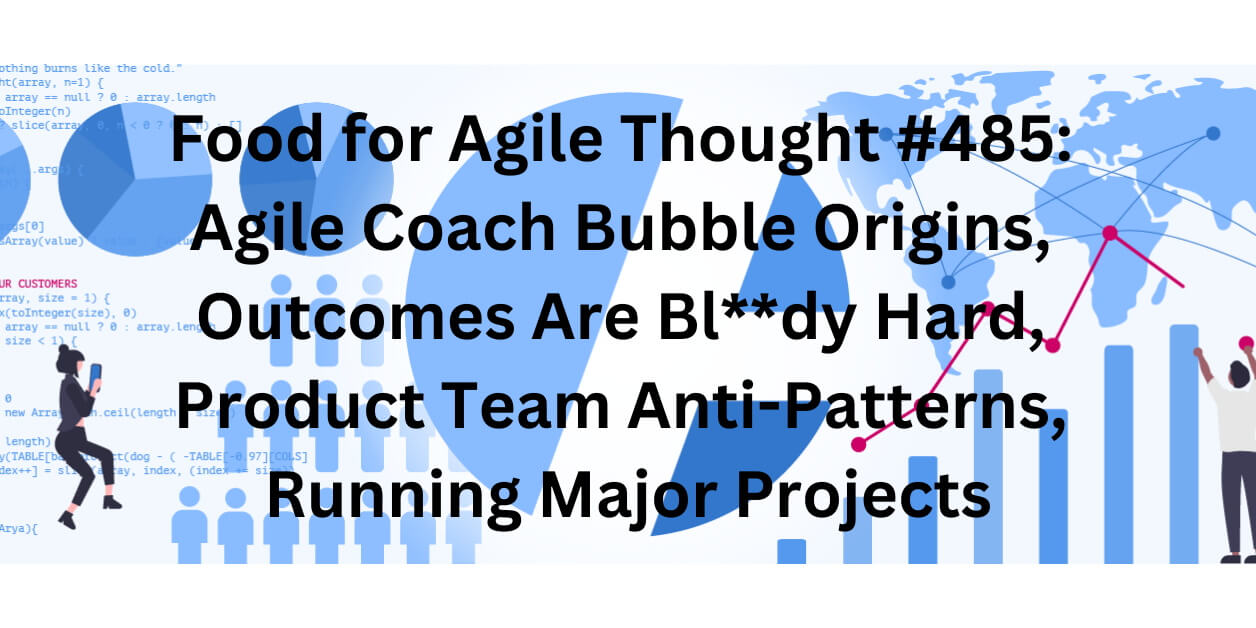TL; DR: Dr. Lynn Kelley, Peter Merel, and Jurgen Appelo speaking at Hands-on Agile 2025
The first videos of Hands-On Agile 2025 sessions are in, and you don’t want to miss them: Dr. Lynn Kelley reveals her “Change Questions” framework with its remarkable 90% success rate for sustainable organizational transformation, while Peter Merel challenges conventional agile thinking with “The Agile Way,” connecting ancient wisdom to modern AI-agile alignment through six essential themes. Also, Jurgen Appelo explores how AI is revolutionizing leadership in “Humans Robots Agents,” offering practical strategies for thriving amid technological disruption.
These industry veterans bring decades of enterprise transformation experience, providing actionable insights you can implement immediately. Watch the session recordings to transform how you approach agility.
